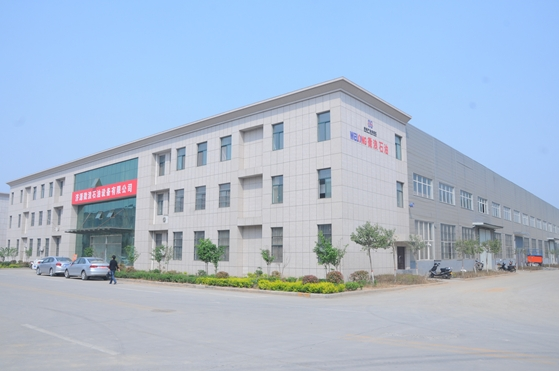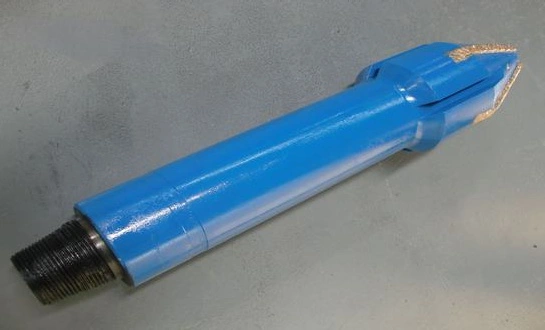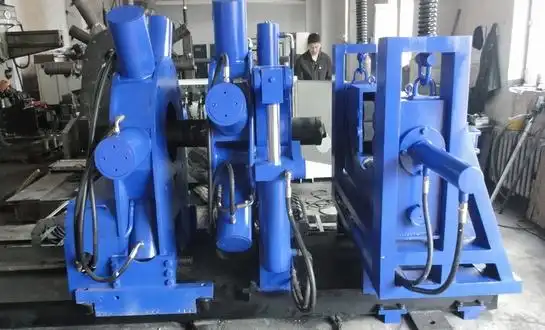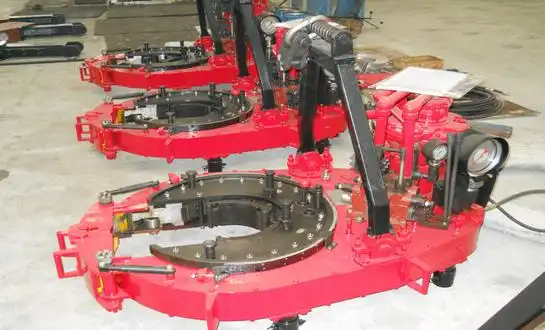Factors to Consider When Deciding Between Renting and Buying Drilling Hoses
Project Duration and Frequency
The length and frequency of your drilling projects play a pivotal role in determining whether to rent or buy drilling hoses. For short-term or infrequent projects, renting can be more economical, offering flexibility without the long-term commitment. However, if you're engaged in continuous drilling operations or have a steady stream of projects, purchasing your hoses might prove more cost-effective in the long run. Consider your project pipeline and operational patterns to make an informed decision.
Budget and Financial Considerations
Financial constraints often guide the rent-or-buy decision. Renting requires less upfront capital, which can be advantageous for companies with limited cash flow or those preferring to allocate funds elsewhere. Purchasing, while demanding a larger initial investment, can lead to significant long-term savings, especially when factoring in depreciation and potential resale value. Analyze your company's financial position, considering both immediate costs and long-term financial implications.
Maintenance and Storage Requirements
Owning drilling hoses comes with additional responsibilities, including maintenance, repair, and storage. These factors can add to the total cost of ownership and require dedicated resources. Renting often includes maintenance services, alleviating this burden. However, if you have the facilities and expertise to maintain and store equipment effectively, buying might be more advantageous. Evaluate your company's capacity to handle these additional responsibilities when making your decision.
Advantages and Disadvantages of Renting Drilling Hoses
Pros of Renting
Renting drilling hoses offers several advantages. Firstly, it provides access to the latest technology without the need for large capital expenditures. This is particularly beneficial in an industry where equipment advancements are frequent. Secondly, renting offers flexibility, allowing companies to adjust their equipment inventory based on project requirements. Lastly, rental agreements often include maintenance and repair services, reducing the burden on your operational team and ensuring equipment reliability.

Cons of Renting
Despite its benefits, renting equipment comes with some notable drawbacks. Over time, the ongoing rental fees can add up, and in some cases, they may surpass the cost of purchasing the equipment outright. Furthermore, rented equipment might not always be available when needed, potentially leading to project delays. There is also less flexibility in customization; rented hoses, for instance, may not meet specific operational needs as well as equipment that has been purchased and tailored to fit unique requirements. This lack of control can impact efficiency and the overall success of certain tasks.
Scenarios Where Renting is Ideal
Renting drilling hoses is particularly advantageous in certain situations. For instance, when undertaking exploratory drilling projects where the duration is uncertain, renting provides necessary flexibility. It's also ideal for companies entering new markets or testing new drilling techniques, allowing them to assess equipment suitability without long-term commitment. Start-ups or companies with limited capital might find renting more feasible, enabling them to allocate resources to other critical areas of operation.
Benefits and Drawbacks of Buying Drilling Hoses
Advantages of Purchasing
Buying drilling hoses offers several long-term benefits. Ownership provides complete control over the equipment, allowing for customization to meet specific operational needs. It also results in lower costs over time, especially for companies with consistent drilling operations. Owned equipment can be viewed as an asset, potentially improving the company's balance sheet. Moreover, having hoses readily available can enhance operational efficiency and reduce downtime associated with equipment procurement.
Disadvantages of Buying
While purchasing has its merits, it's not without challenges. The significant upfront cost can strain company finances, particularly for smaller operations or those with limited capital. Owning equipment also means assuming full responsibility for maintenance, repairs, and storage, which can add to operational costs and complexities. There's also the risk of technological obsolescence, where owned equipment may become outdated as newer, more efficient models enter the market.
When Buying Makes Sense
Purchasing drilling hoses is often the best choice for companies with stable, long-term drilling operations. It's particularly beneficial for businesses with specialized drilling requirements that necessitate customized equipment. Companies with the financial capacity to make large capital investments and those with the infrastructure to maintain and store equipment effectively should consider buying. Additionally, if your operations require constant access to specific types of drilling hoses, ownership can provide the reliability and availability needed to maintain operational efficiency.
In conclusion, the decision to rent or buy drilling hoses depends on a careful analysis of your company's specific needs, financial situation, and operational strategy. Both options have their place in the oil and gas industry, and the right choice can significantly impact your project's success and overall business efficiency. For more information on high-quality drilling hoses and expert advice on which option might be best for your operations, don't hesitate to contact us at oiltools15@welongpost.com. Our team is ready to help you make the most informed decision for your drilling equipment needs.





